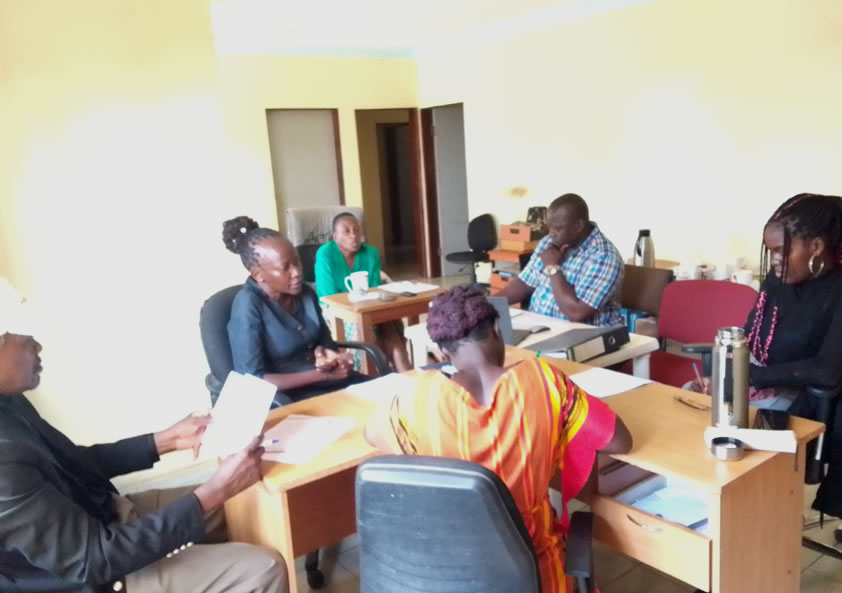Living with sickle cell disease (SCD) can be emotionally and mentally taxing for both patients and their families. The Sickle Cell Association of Uganda recognizes the emotional toll that comes with managing the condition and offers comprehensive psychological support to help individuals and their families cope with the physical, emotional, and social challenges of the disease. Through counseling services, the association provides a safe and confidential environment where patients and caregivers can express their fears, frustrations, and concerns while receiving guidance and encouragement.

In addition to one-on-one counseling, the association facilitates support groups that bring together individuals affected by SCD. These groups provide a sense of community and belonging, allowing patients and their families to share experiences, offer mutual support, and learn coping strategies from one another. The emotional benefits of these support networks are profound, as they help reduce feelings of isolation and offer comfort to those navigating the complexities of the disease.
By addressing both the mental and emotional well-being of SCD patients and their caregivers, the Sickle Cell Association of Uganda ensures that individuals receive holistic care, promoting resilience and improving their overall quality of life.
Through counseling and emotional support, patients and their families are better equipped to manage the psychological toll of SCD, leading to improved mental health and resilience.
Together, we can work towards a future where every individual living with sickle cell disease receives the care, support, and respect they deserve.
We are a grassroots organization that represents the interests of patients in Uganda. We strive to change the widespread perception in Uganda that people with sickle cell disease are worthless and deserving of stigma and discrimination.